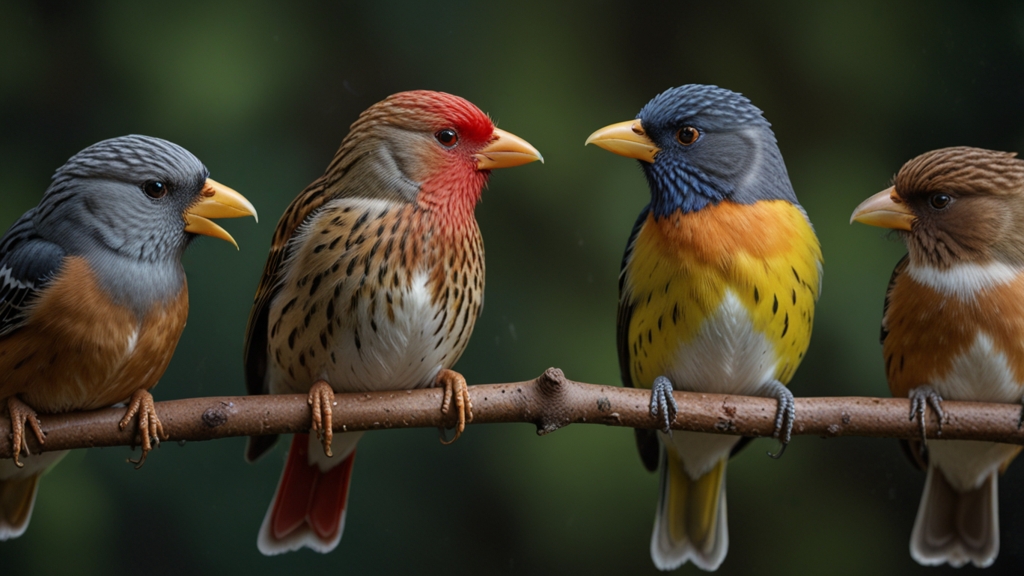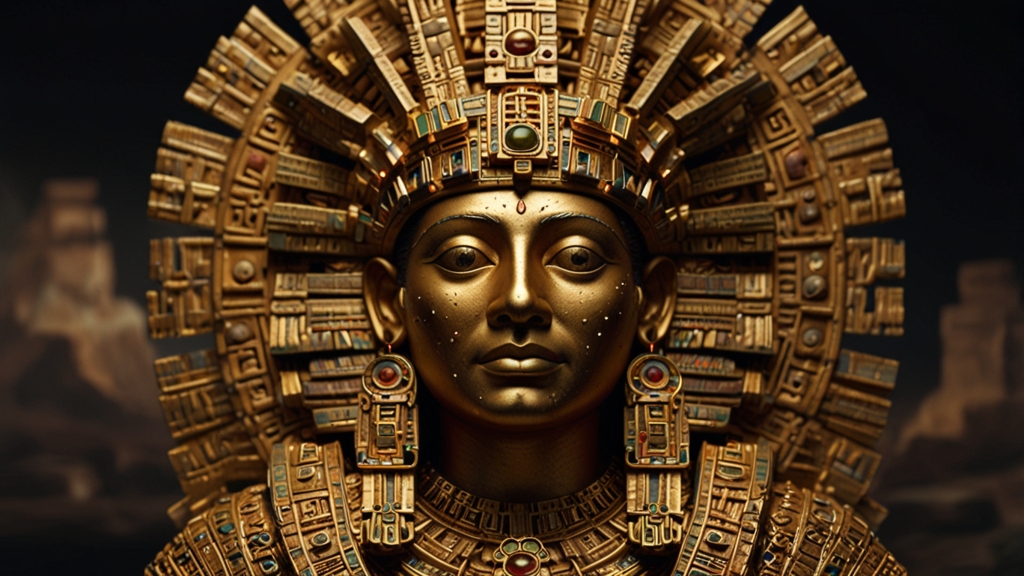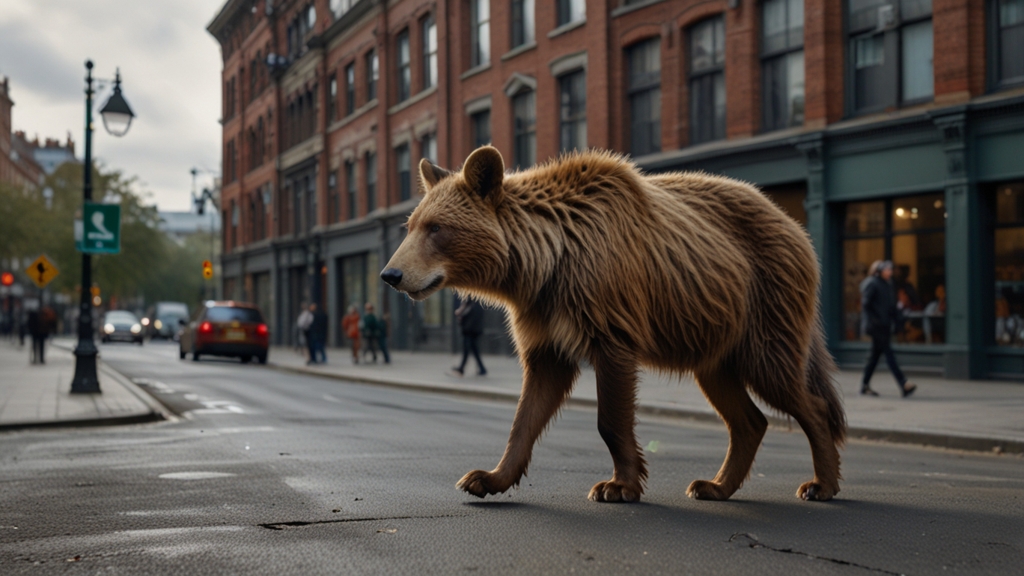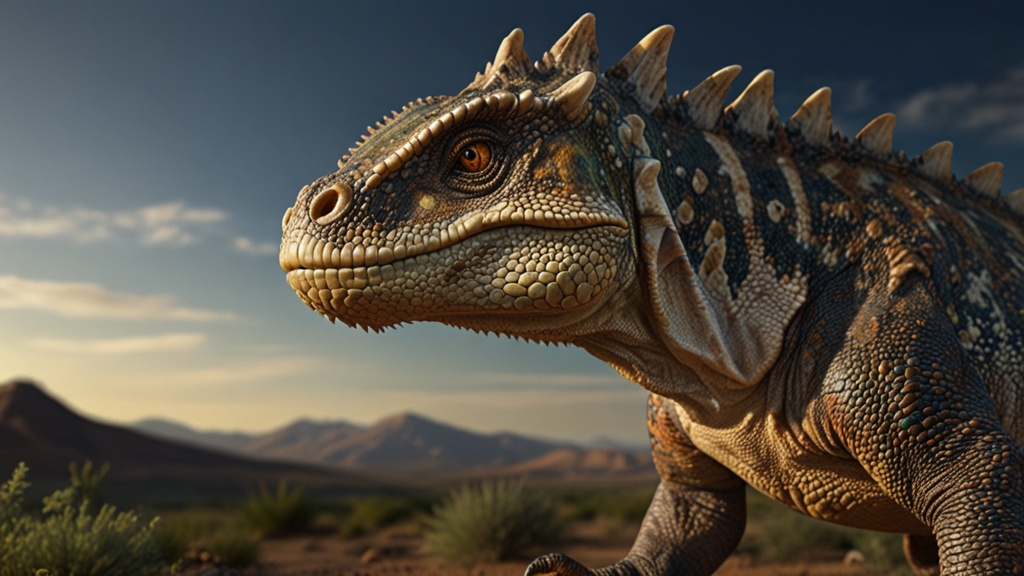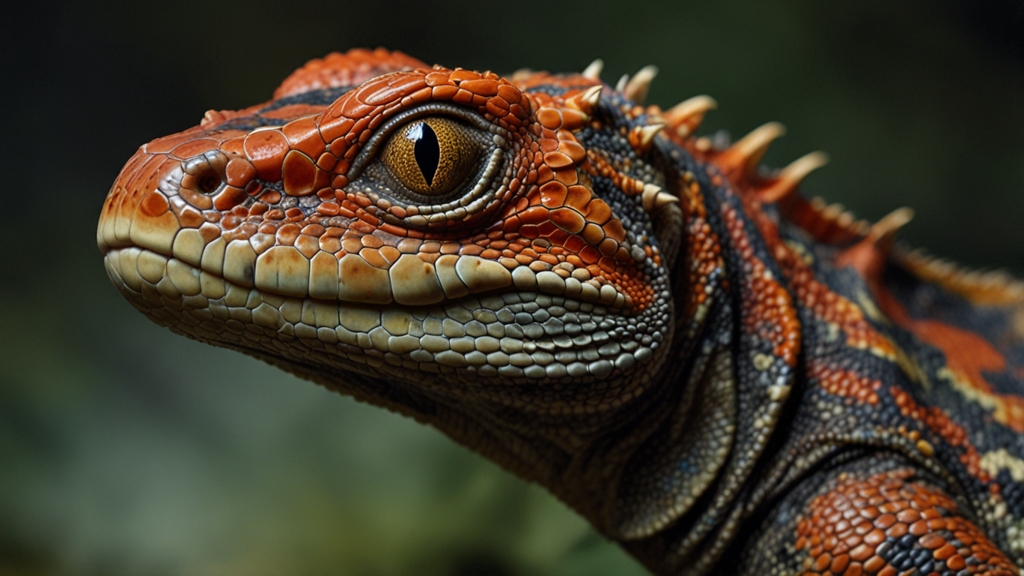Animal Instincts vs. Learned Behavior: The Great Debate
The natural world is a tapestry of behaviors that animals exhibit for survival, reproduction, and daily living. These behaviors can broadly be categorized into instinctual and learned actions. The debate between animal instincts and learned behavior has intrigued scientists, psychologists, and animal enthusiasts alike. Understanding these concepts not only sheds light on animal behavior but also offers insights into human actions and learning processes.
Defining Animal Instincts
Instincts are innate, typically fixed patterns of behavior in animals in response to certain stimuli. These actions are hardwired into an animal’s brain and do not require any prior experience or learning. Examples of instinctual behavior include a spider spinning its web, birds migrating across continents, and sea turtle hatchlings making their way to the ocean.
"Instinct is untaught ability." - Alexander Bain
Because instincts are genetic, they are passed down from one generation to the next. They are crucial for survival, especially in the early stages of life when learning has not yet occurred. Instincts can be divided into two types: kinesthetic and reflexive. Kinesthetic instincts involve complex movements, such as a kitten's pouncing or a bird’s nest-building, while reflexive instincts are simpler reactions like blinking or sucking in infants.
The Role of Learned Behavior
Learned behavior, on the other hand, involves a modification of behavior based on experiences or observations. Unlike instincts, these behaviors are not present at birth but are acquired over time through interaction with the environment. Examples include a dog learning to sit on command, dolphins performing tricks at marine shows, and primates using tools to obtain food.
"Intelligence is what you use when you don't know what to do." - Jean Piaget
Learning can occur through various mechanisms such as conditioning, habituation, observation, and play. Conditioning, for instance, is evident in Pavlov’s dogs, which were trained to salivate at the sound of a bell. Similarly, habituation refers to an animal’s ability to become accustomed to a non-threatening stimulus, whereas observational learning involves copying the actions of others.
The Nature vs. Nurture Debate
The discussion about instinct versus learned behavior often intersects with the broader nature vs. nurture debate. While nature refers to the genetic makeup that predisposes certain behaviors, nurture involves the environmental factors and experiences that shape an individual. Most scientists agree that both elements play significant roles in molding behavior, but the balance between the two can vary widely among different species.
For example, certain bird species are born with the instinct to sing but must learn the specific song of their species by listening to adult males. Similarly, while humans have an instinctual ability to learn a language, the specific language and nuances are acquired through social interaction and education.
The Interplay of Instinct and Learning
In reality, many animal behaviors are a blend of instincts and learning. A striking example is seen in predator-prey interactions. While a lion’s instinct is to chase and hunt, the efficiency of its hunting improves with experience and practice. Likewise, fledgling birds have an instinctual urge to fly but must practice to perfect their flying skills.
In humans, the interplay is even more complex. Instinctual behaviors like fear responses to certain stimuli (such as the dark or heights) can be modified through learned behaviors such as rational thought and experience. This intricate balance between instinct and learning allows for a rich diversity of behaviors within the animal kingdom and human societies.
Conclusion
The debate between animal instincts and learned behavior is a fascinating exploration of how creatures interact with their world. While instincts provide the necessary survival tools from birth, learned behaviors offer flexibility and adaptability. By examining both aspects, we gain a deeper appreciation of the dynamic nature of behavior and its pivotal role in the survival and evolution of species.
"Nature is an infinite sphere of which the center is everywhere and the circumference nowhere." - Blaise Pascal
Ultimately, the coexistence and interplay of instinct and learning ensure that animals, including humans, can thrive in an ever-changing environment, showcasing the beautiful complexity of life.

